Cayman Neurology’s highly skilled and experienced neurologist provides quality care for you and your family.
The neurologist offers comprehensive neurological services, providing compassionate care and expertise in neurology to effectively understand and treat you or your loved one’s problems.
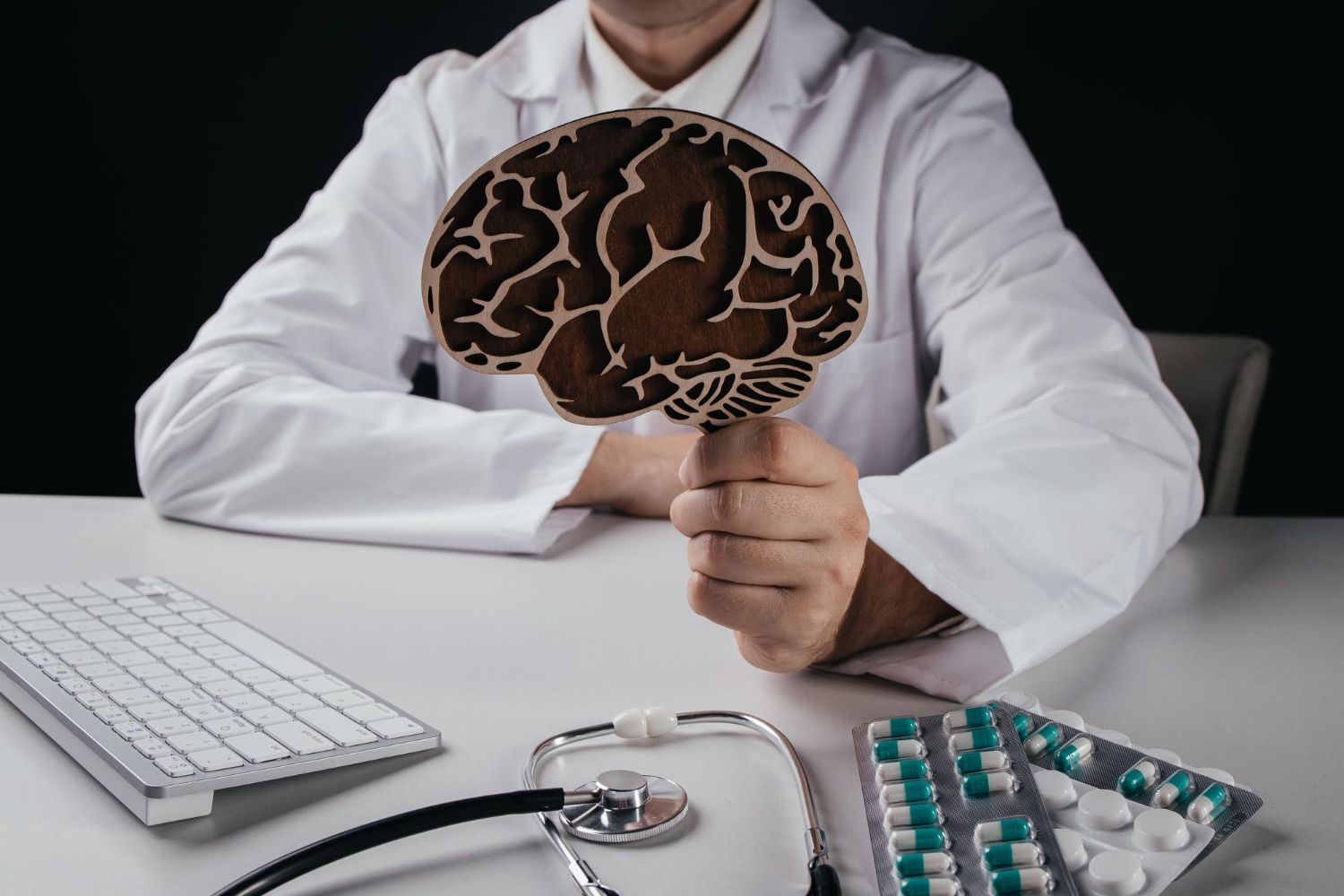

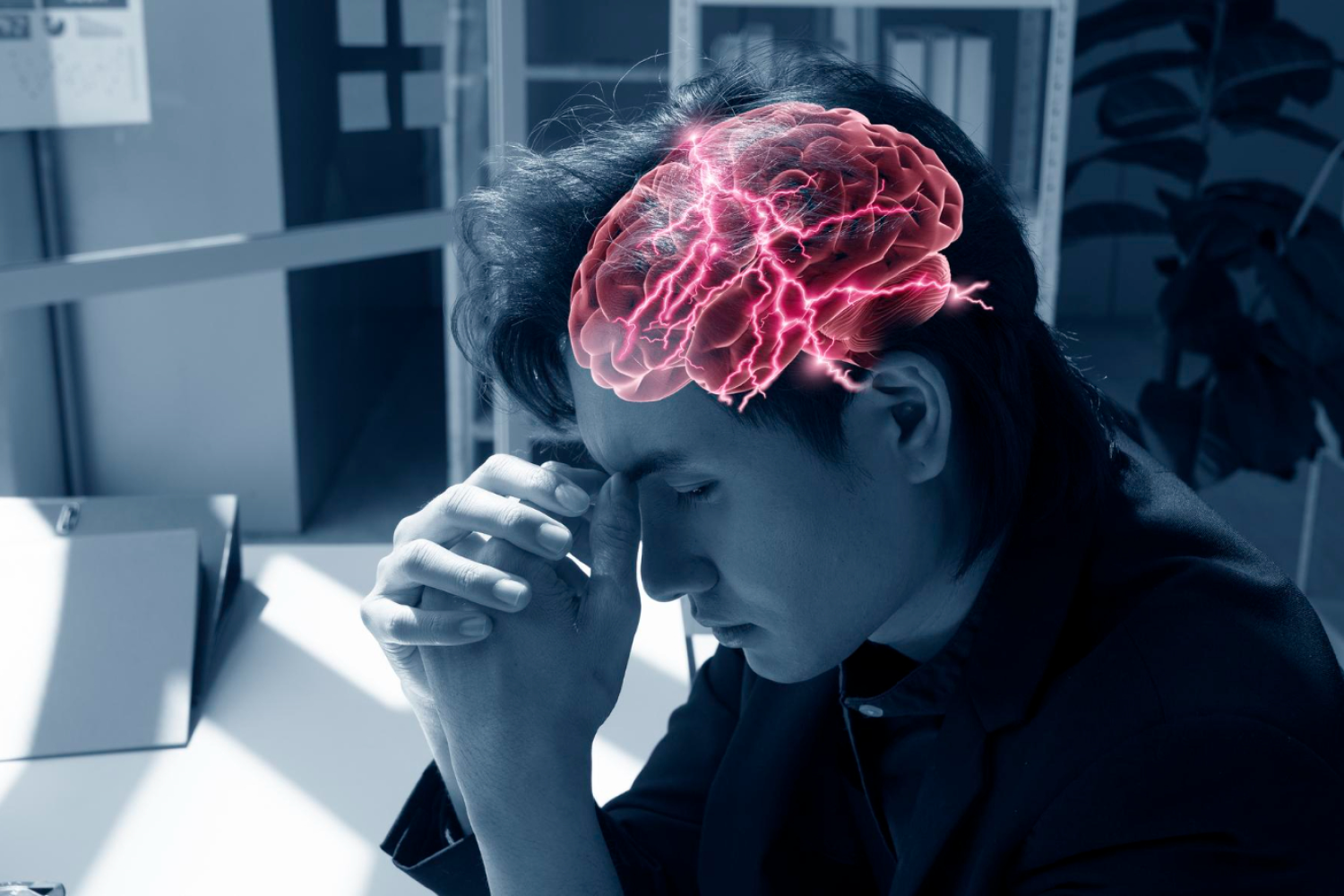

Dizziness is a common condition and is rarely a cause for concern, but at least half of all adults will experience dizziness severe enough to make them see their doctor. Feeling faint, losing balance, and vertigo fall under the umbrella of dizziness. Vertigo is a condition in which you feel as if everything is spinning – similar to what would happen if you spun in a circle and stopped. This is caused by a fluid imbalance in the inner ear, which may develop into a chronic condition.

Fainting is due to a drop in blood pressure and heart rate, resulting in less blood flow to the brain and ultimately, a loss of consciousness. For some, it can be caused by the sight of blood, or severe emotional distress. For others, it can be caused by straining, heat exposure, or standing for too long. Fainting is rarely serious, but bodily harm may occur upon falling. Recurring episodes of fainting may be a sign of a serious heart condition.
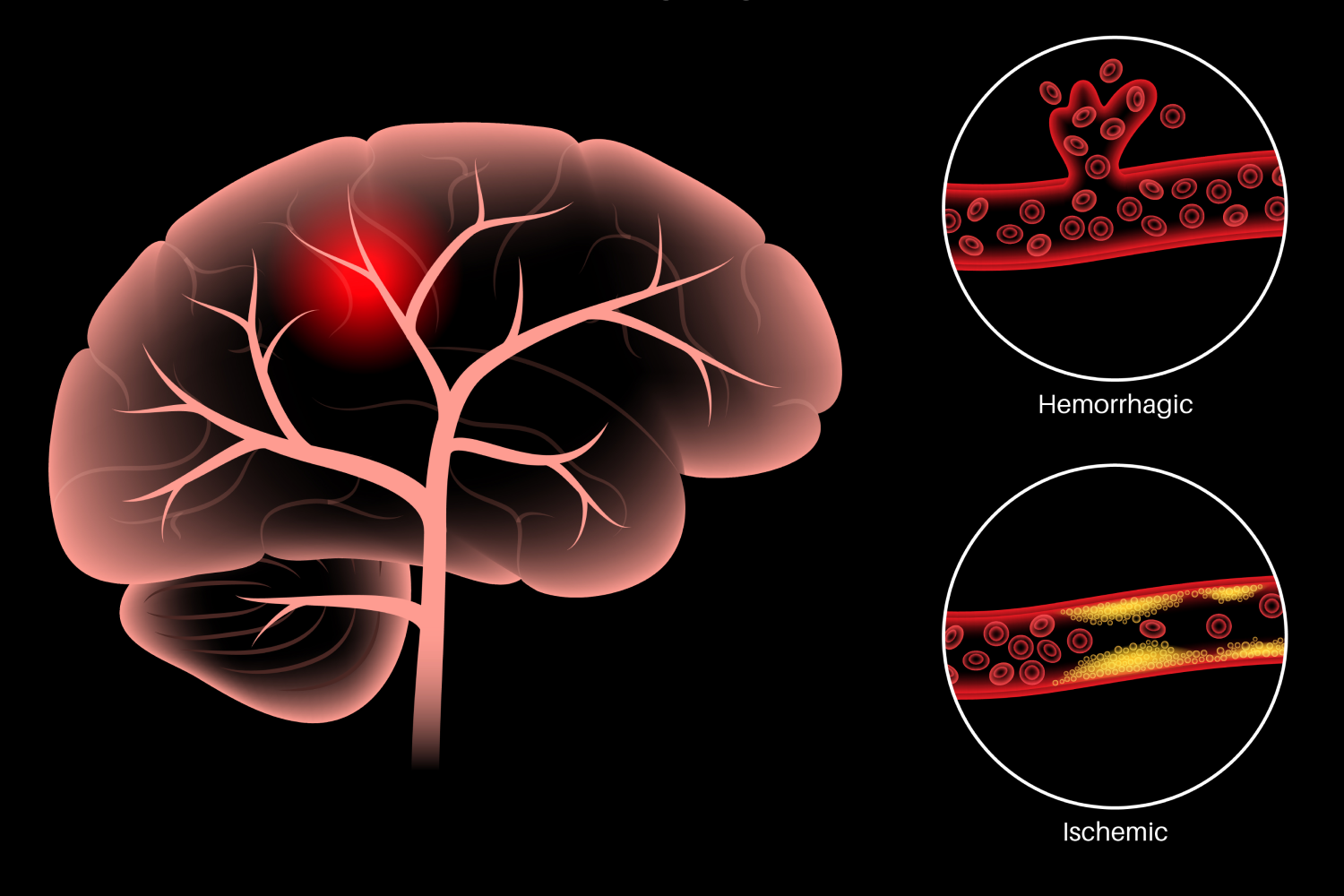
Strokes occur when a blood clot obstructs blood flow to the brain, causing brain cells to die. TIAs occur when blood flow is reduced to the brain, retina, or spinal cord. Symptoms include sudden dizziness, trouble speaking, paralysis on one or both sides of your body, and vision problems. A TIA is just like a stroke, but does not cause permanent damage. However, 1 in 3 people will get a stroke if they have a TIA. Strokes and transient ischemic attacks (TIAs) are emergency medical conditions.
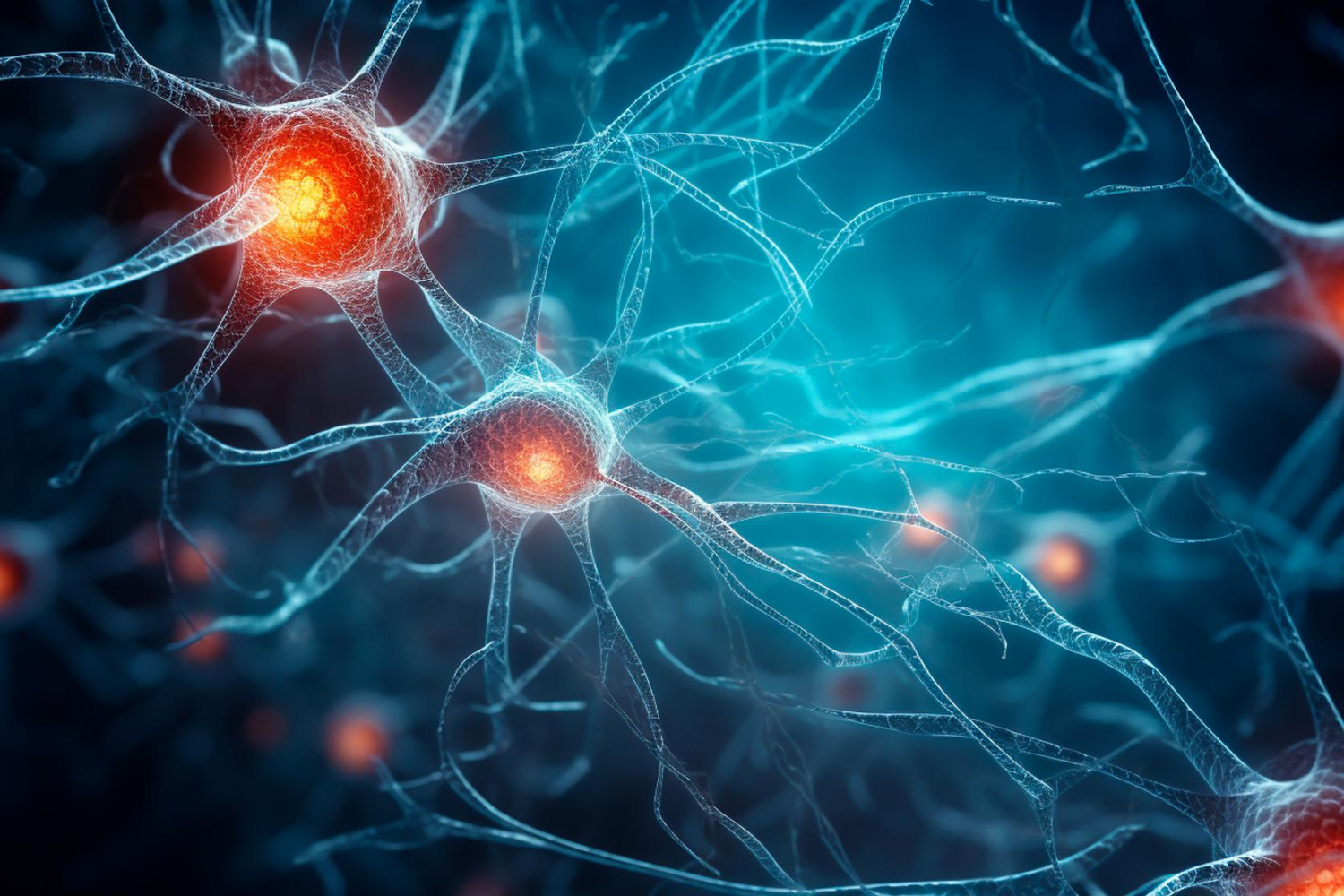
Numbness describes a loss of sensation in a part of your body. Numbness occurs when nerves are compressed or damaged. Numbness is often accompanied by other sensations such as a pins-and-needles feeling, burning or tingling. Numbness can occur along a single nerve, or it may occur on both sides of the body in a symmetrical pattern. Diseases such as multiple sclerosis (MS) and diabetes mellitus (DM) may cause numbness.


Cramps are involuntary contractions of muscles, occur in all age groups, and may occur almost anywhere in the body – primarily in the calf and thigh muscles. There are several causes of cramps – insufficient stretching, dehydration, low electrolyte levels, fatigue, pinched nerves, or side effects from drugs such as cholesterol medications. Although cramps range in severity from a mild tightness to an extreme, crippling pain, they are rarely a cause for concern. Unexplained or frequent cramps may reveal a serious medical condition.

Hyperhidrosis is the medical term for excessive sweating. Those who suffer from hyperhidrosis sweat even when the temperature is cool and they did not exercise. This is due to overactive sweat glands, but a definitive cause is unknown. Medical conditions such as anxiety, diabetes, Parkinson’s disease, and a history of brain or spinal injuries have been associated with hyperhidrosis. A common complaint from patients is that they become nervous because they sweat, and sweat more because they are nervous. Surgical correction is effective.

Tremors are involuntary trembles in parts of the body (shaking) and are not associated with Parkinson’s disease. For those without a genetic mutation, the cause is unknown. Tremors, essential tremors being the most common kind, occur with daily activities such as brushing teeth or hair, writing, or holding a glass of water. Although they are not serious conditions, they can be severe enough to interfere with quality of life. Medications and physical therapy can help keep tremors under control.
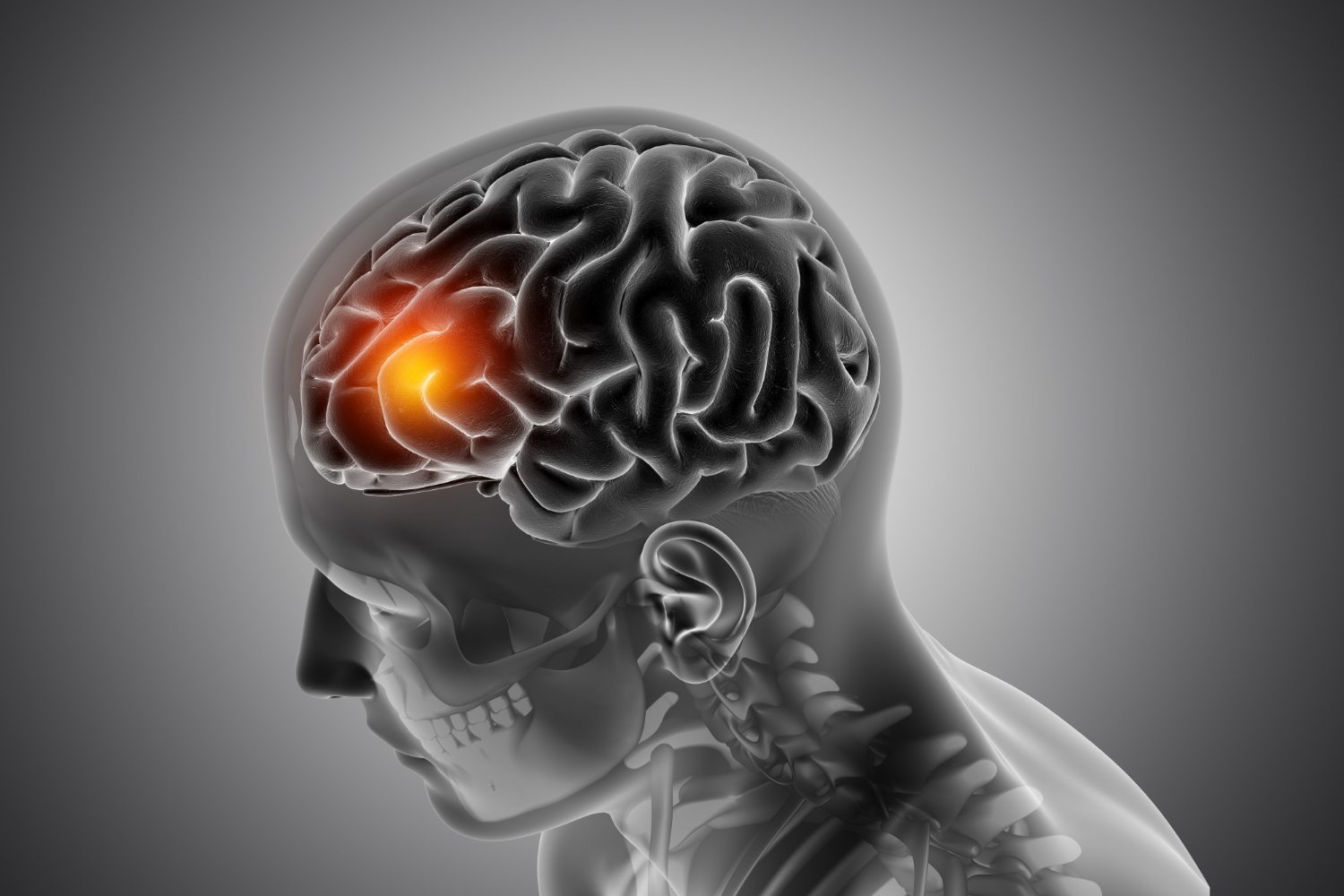
Epilepsy is a disorder characterized primarily by recurring seizures. This disorder affects roughly 0.5%-1% of the general population, with 2.5 million Americans suffering from the disease. Epilepsy is caused by a series of disrupted electrical messages in the brain, which lead to the seizures. It can be treated with seizure medication and surgery.
Copyright © 2024 Cayman Neurologist. All Rights Reserved.